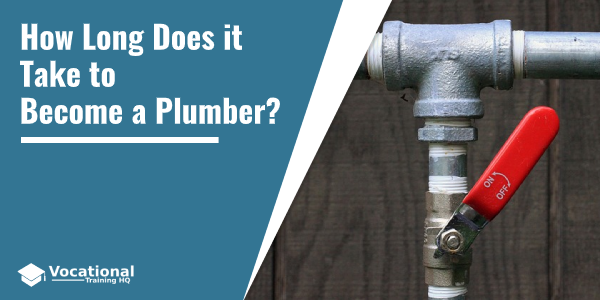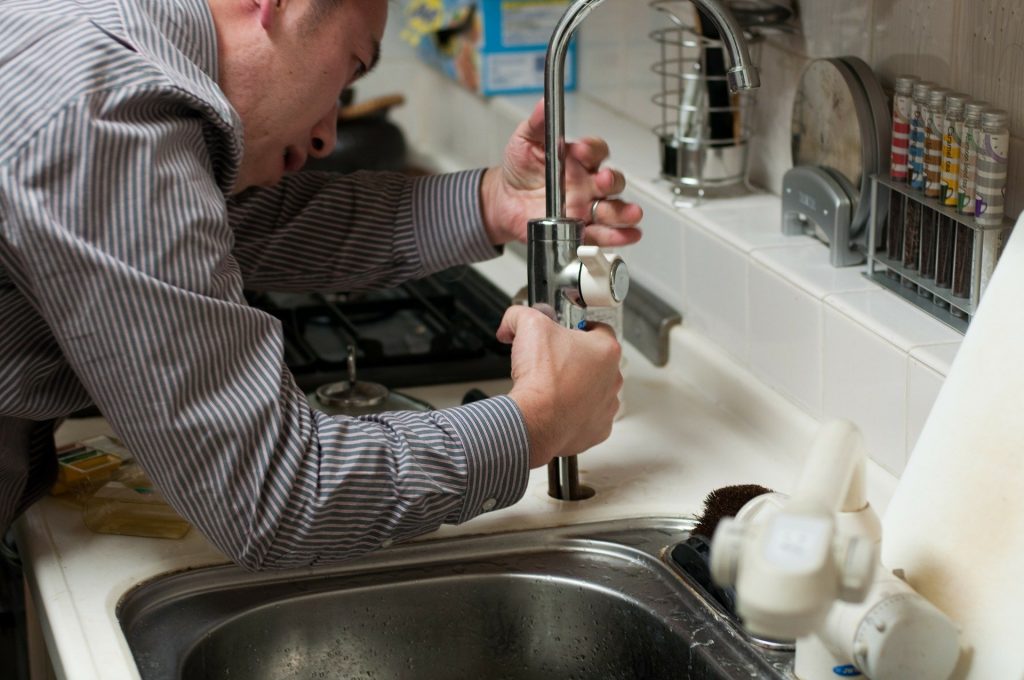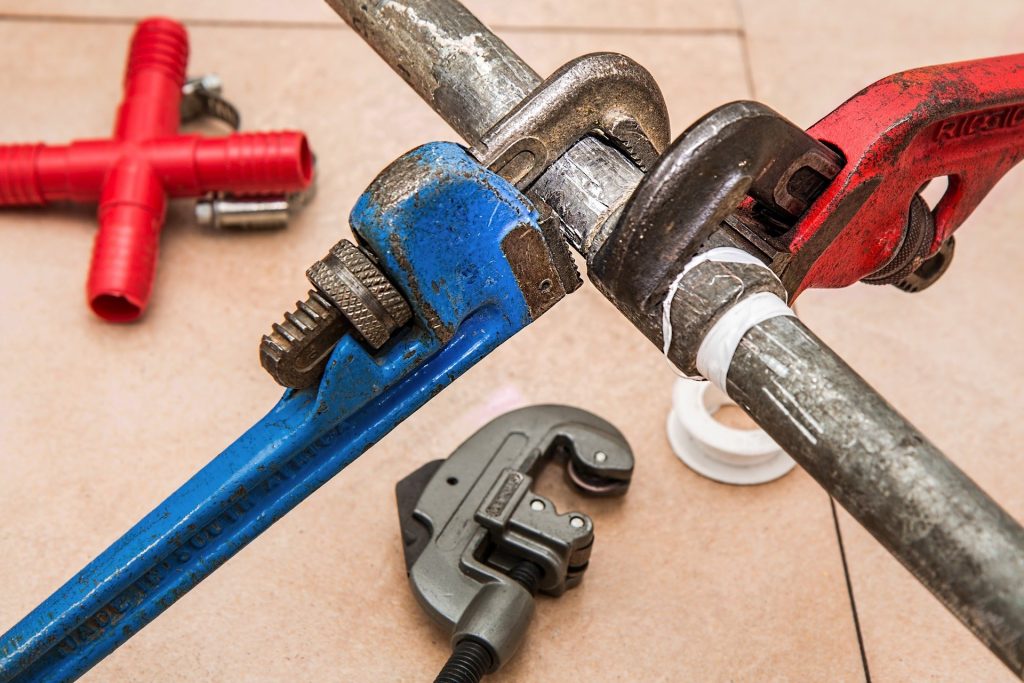Plumbing can be a very rewarding career if done with professionalism, and this profession is projected to grow in the future.
Plumbers have good earning prospects- and the most experienced workers can make more than $90,000 per year, according to the Bureau of Labor Statistics (BLS).
The median annual wage for this profession was calculated at $55,160, which means that half of all workers in this profession made less than this while half earned more.
But how long does it take to become a plumber?
The answer to this question depends on your exact career goals.
Apprenticeships and Trade Schools for Prospective Plumbers
If you want a career in plumbing, you first need a high school diploma or GED.
Afterward, you can choose between two training paths: a plumbing trade school or an apprenticeship.
Plumbing training programs at trade schools typically take about two years while apprenticeship programs are two to five years long.
While a trade school offers you flexibility and more control over your education, an apprenticeship also has its benefits.
Apprenticeship programs for prospective plumbers are usually sponsored by a union or a business and you will earn a salary during your training.
Becoming a Journeyman Plumber
After completing your formal education you will need a few years of work experience in this profession before becoming a journeyman plumber.
Experience requirements vary state by state but you will need, on average, five years of experience before achieving the journeyman status.
After gaining the experience needed you are ready to take the plumbing certification test.
While some plumbers practice at the journeyman level throughout their careers, you also have the option of becoming a master plumber after meeting certain criteria.
Becoming a Master Plumber
The requirements for becoming a master plumber also vary from state to state and before deciding if this is the career path that you want to take you should check the requirements that apply in your state.
While many states require two years of experience at the journeyman level, other states require up to 10 years of experience.
A master plumber typically has better-earning prospects but also additional responsibilities.
For instance, as a master plumber, you will be required to have your own liability insurance.
In conclusion, you will need several years of training beyond high school before being ready to work independently as a plumber.
If you’re satisfied with practicing at the journeyman level you can get your license in as few as five years (depending on the state where you want to practice).
Becoming a master plumber, on the other hand, can require more than 10 years of experience.
Read the full guide: How to Become a Plumber


